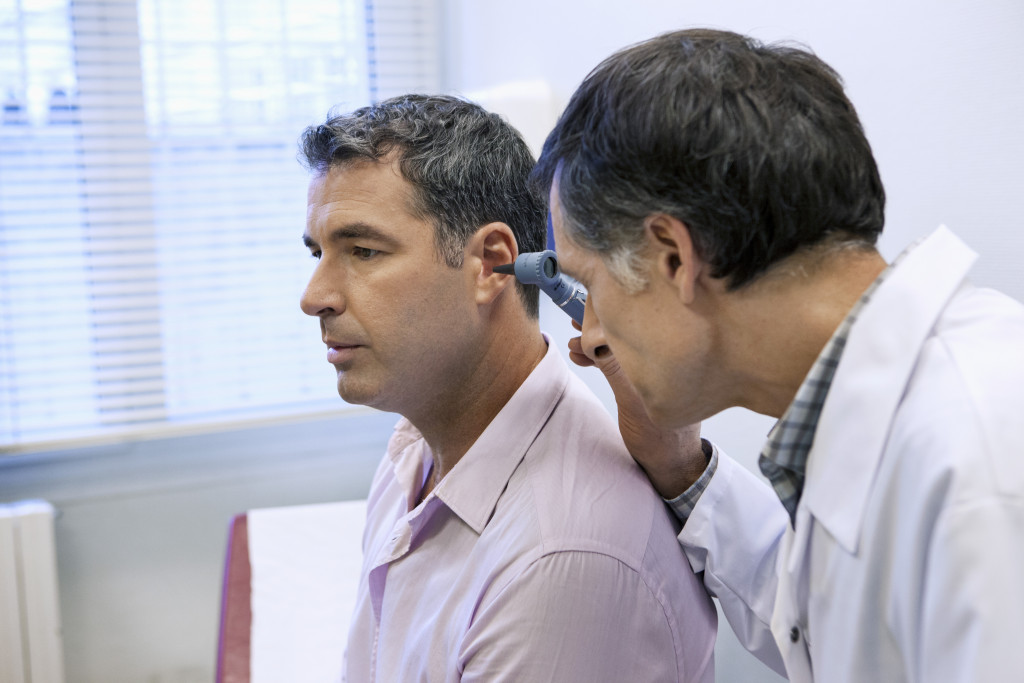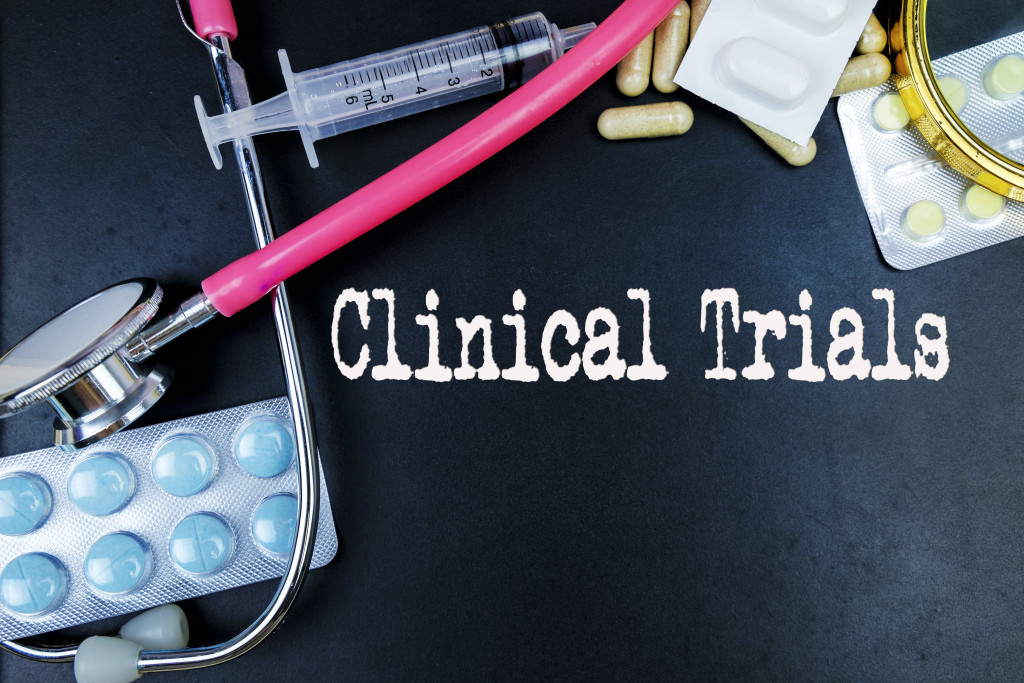The medical world is doing its best to find new ways to treat certain diseases. However, not all treatments can succeed under experimental conditions. Moreover, treatments will eventually need to be tested on humans to see specific side effects.
You might have seen certain advertisements on the internet regarding clinical trials. You might find them an easy way to earn money or make a difference in the world. However, enrolling in a clinical trial can be a significant decision. Therefore, it is essential to understand the risks and benefits of participating in a trial before deciding. Before anything else, you should know more about the nature of clinical trials.
What are clinical trials?
Clinical trials are research studies that test new treatments or therapies. They are conducted in medical research clinics across the country. There are usually five phases (counting phase 0) to a clinical trial. However, some trials might finish by phase three if the treatment is badly needed. An excellent example of this is for COVID-19 vaccine. Here’s a brief overview of what the five phases involve:
Phase 0 trials: These are the earliest stage of human testing. In these trials, a new drug or treatment is given to a handful of people to see if it is safe. Again, this has the smallest number of participants, and it’s all about seeing if the treatment has harmful effects on humans.
Phase 1 trials: In this phase, researchers are finding any side effects to the treatment, given that there is little to no harm to humans. Participants are still limited.
Phase 2 trials: Researchers test a new drug or treatment on a more significant number of people to see if it is effective and how well it works.
Phase 3 trials: This phase is quite similar to phase 2 trials, but it’s conducted to a much larger sample. It is safe and effective.
Phase 4 trials: These trials occur after the FDA approves a drug or treatment. Then, the treatment will be given to thousands or millions of people to see its effects on all sorts of people.
Now that you know about clinical trials, you should know what you should consider before enrolling. The first thing you should know is the possible risk of enrolling in a trial.
What are the risks of enrolling in a clinical trial?
You should be aware of a few risks before enrolling in a clinical trial. The first is that you might not receive the treatment you’re expecting. For example, you could be randomized to a group that doesn’t receive the new treatment. This is a major risk because you’re volunteering to be in a study and not receiving any benefits in some cases.
Another risk is that the new treatment might have harmful side effects. This is why clinical trials are conducted in phases. The best medical research clinics have researchers who want to minimize the number of people harmed by the new treatment. Therefore, they will tell you everything you need to know about the side effects before enrolling. Moreover, they will test whether you are a good candidate.
The last risk is that the clinical trial might not be successful. The new treatment might not work, or it could have harmful side effects. These side effects might take years in some cases.
These risks are important to understand before enrolling in a clinical trial. It is important that you talk to the researchers conducting the trial about these risks. They will be more than happy to answer any questions you have.
It’s also important to talk about compensation for clinical trials.
Possible compensation
Not all clinical trials will give you compensation for participating. However, some trials offer an average of $3,070 per trial, with some people earning above $4,000, depending on the nature of the trial. Longitudinal studies have a higher possibility of making more.
There are also occupational participants. These are people who receive payments for participating in multiple clinical trials. These participants usually have a particular skill, required for trials. They can earn as much as $10,000 annually. This can be a pretty attractive side-gig, but what do you need to prepare for a clinical trial?
What do you need to prepare before the trial?
Medical history
The first thing you need to do is provide your medical history to the researchers. This will help them determine if you are a good candidate for the trial. They will also ask about your family’s health history.
Physical examination

The next step is for the researchers to conduct a physical examination. This will help them determine if you have any health conditions that interfere with the trial. This will include blood and urine tests in some cases.
Aside from these two things, you should be good to go. However, some trials might require additional requirements, so know about them.
Clinical trials are an essential part of medical research, but it is crucial to understand the risks and benefits before enrolling. By understanding these risks, you can make an informed decision about whether or not to participate in a clinical trial.

